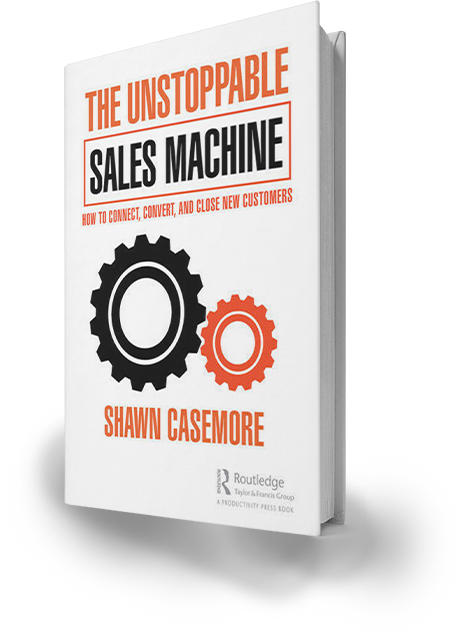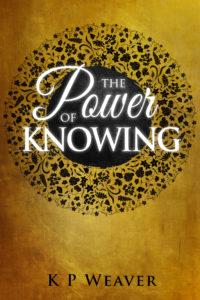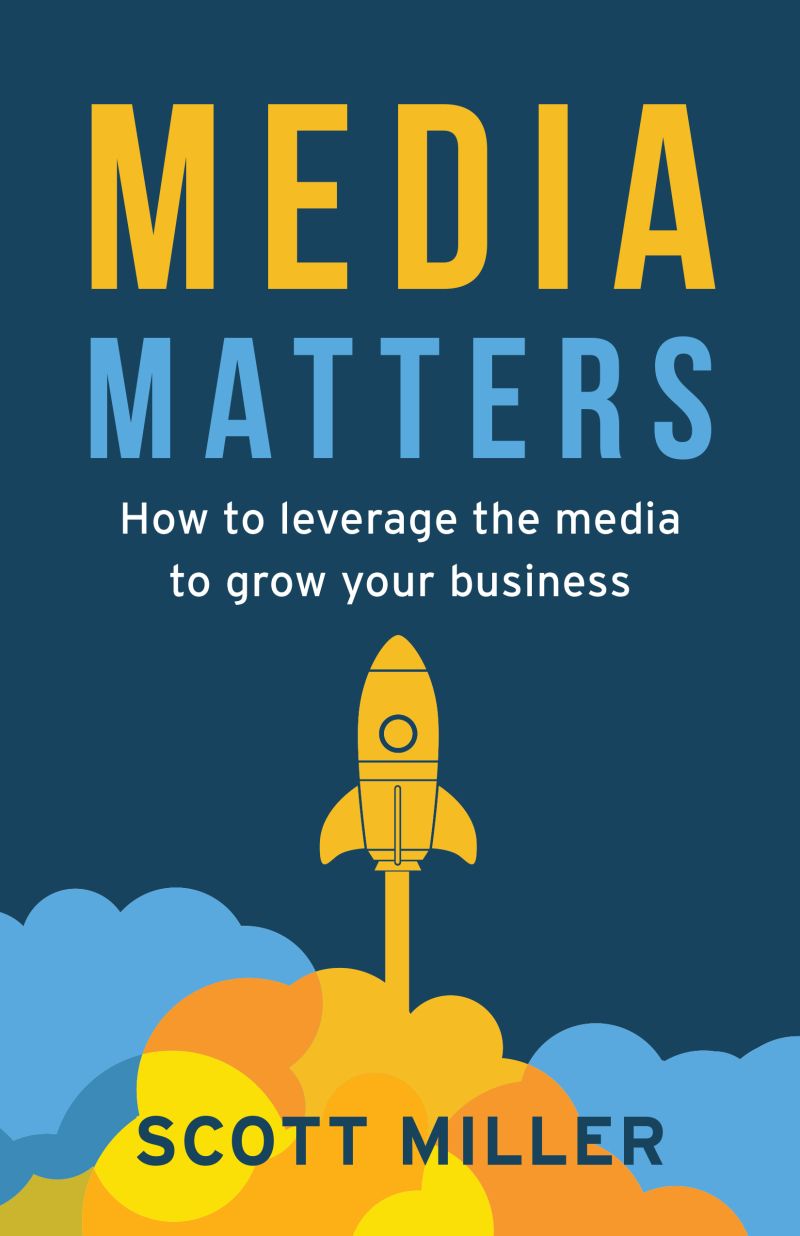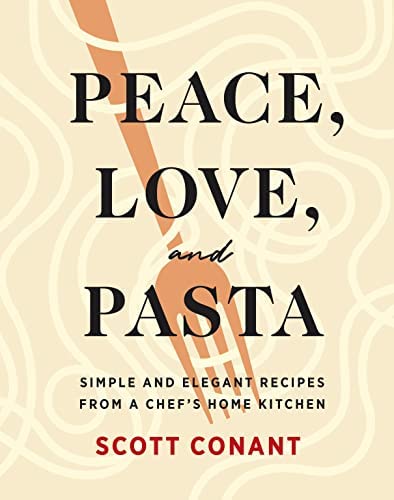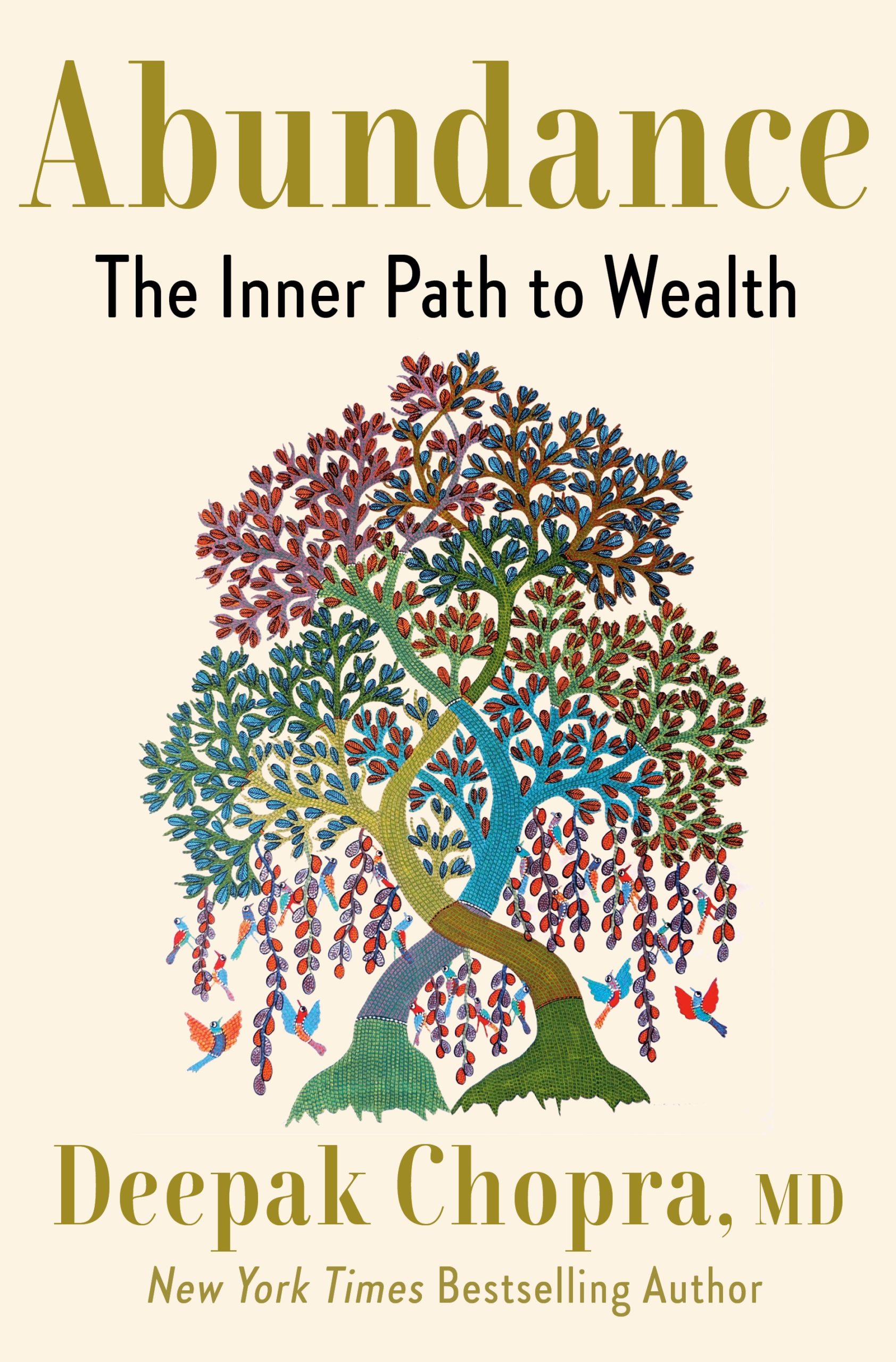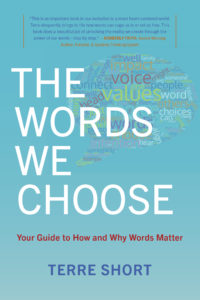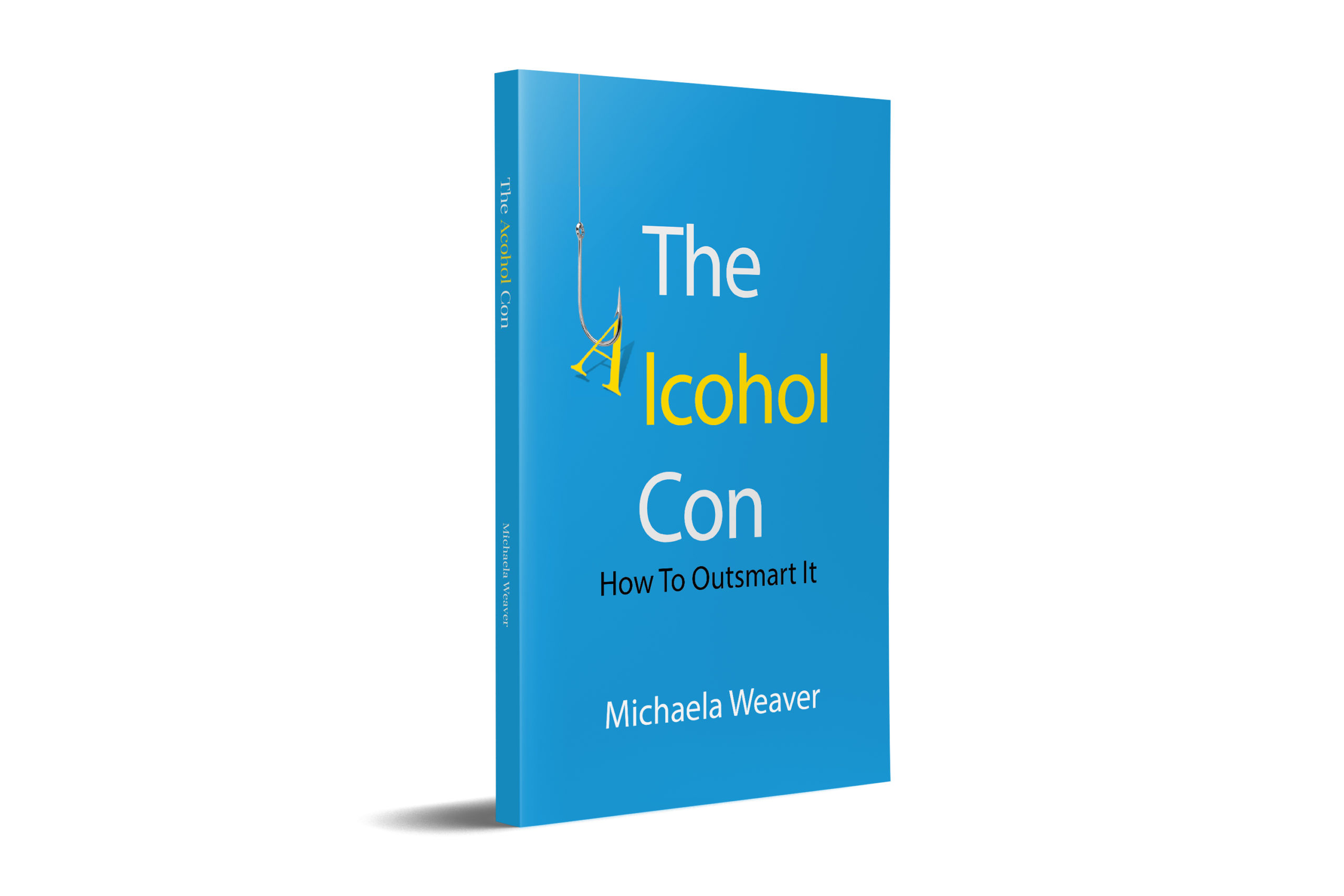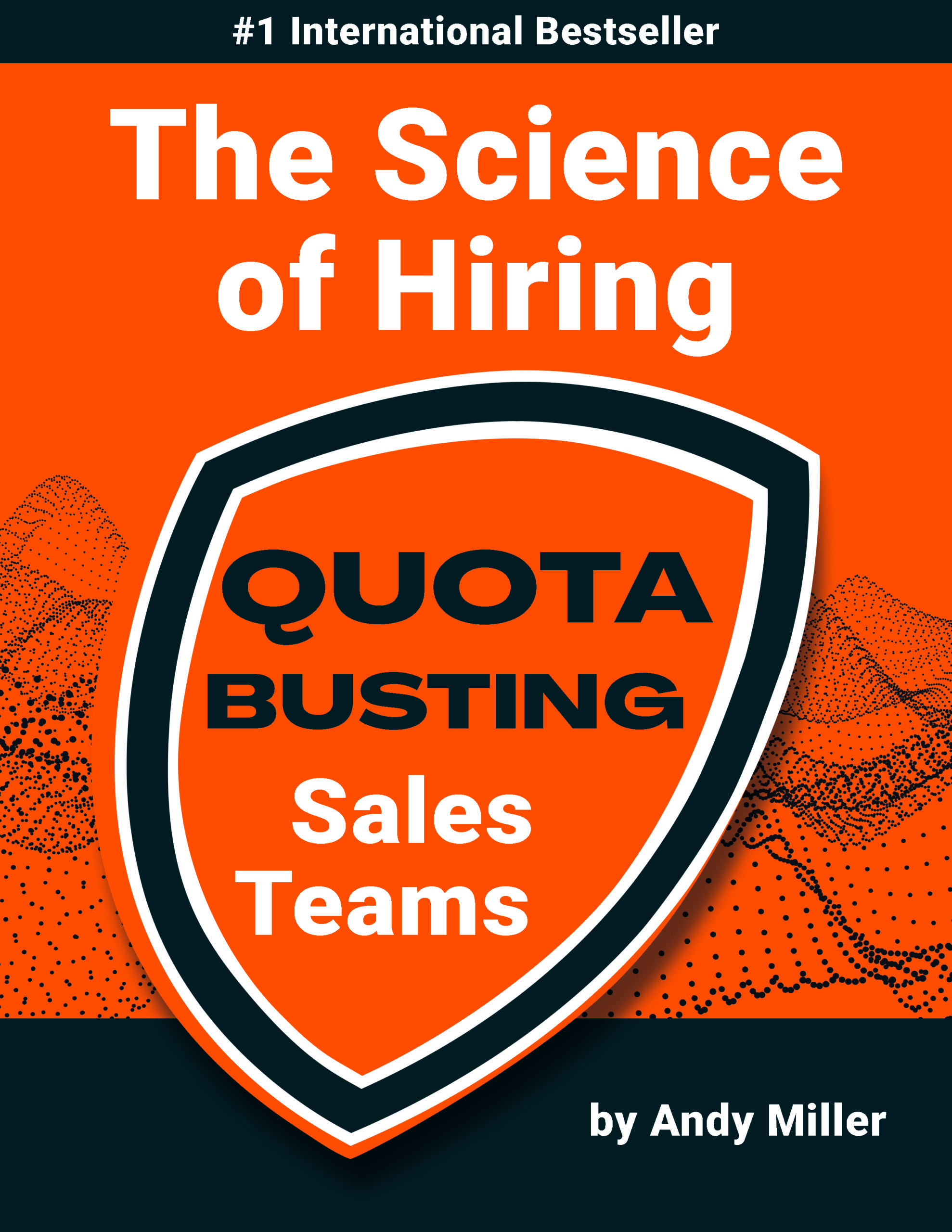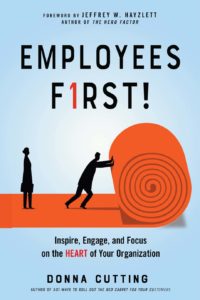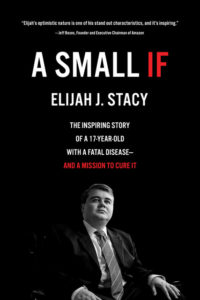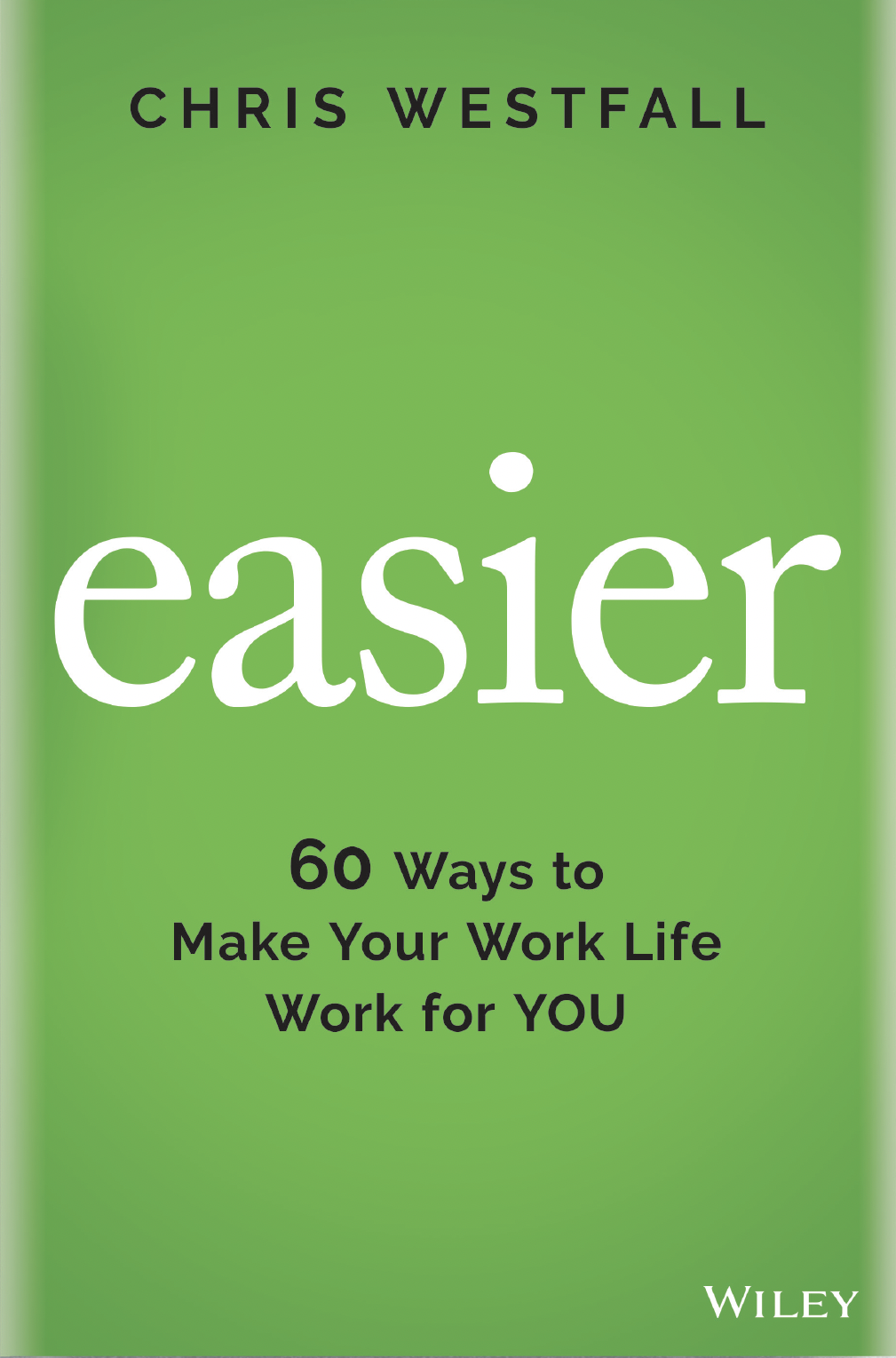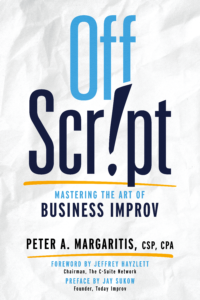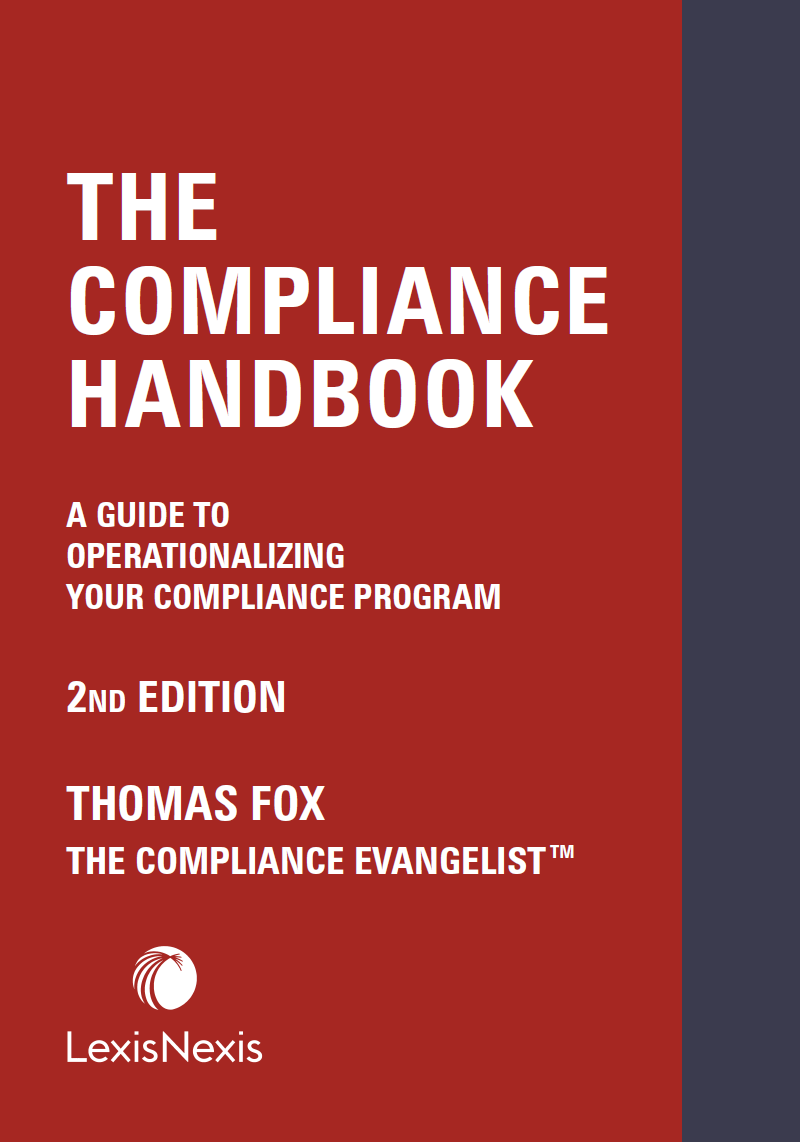The Marketing Doctor's Survival Notes
David Poulos
Everyone can “do” marketing . . . right?
Marketing Doctor’s Survival Notes is a collection of essays, articles, blog posts and white papers on marketing and related topics that proves otherwise on virtually every page. The stories, recommendations, guidelines and suggestions in this book are intended to provide marketers with a framework, a skeleton, upon which to build their own experience library. They are based on over thirty years of experimental trial and error, of avoiding, bending, breaking, circumventing and twisting the accepted “rules” of marketing practice. The win/loss record in that time gives credence to the saying that rules were meant to be broken. There are many books on the marketing resource shelf written by highly-credentialed, highly-trained, scholarly academics that outline study after study, testing the rules over time, seeking best practice, showing the exceptions that prove the rules, and trying to explain the evolution of marketing practice in a codified way. This is not one of them.
They should be taken at face value – it’s not exactly a ‘How-To’ book, these are not ‘unbreakable rules’, there’s no hidden agenda here, no subtle sub-text to be deciphered, no underlying mystery to be uncovered. It’s a book of principals, guidelines, brief vignettes of experiences that might have value to those just entering the field, or those transitioning from another pocket of the profession. It’s a book, perhaps not THE Book, but the principals it posits are sound and worth the time to read.
I hope you enjoy reading it, that you learn something from it, that you try to adopt some of the philosophies, some of the techniques, and absorb some of the lessons in the stories presented here.
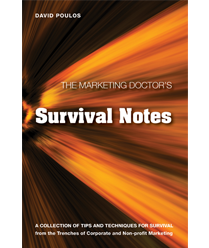

Like any good physician, when I take on a new project or client, I like to know as much as I possibly can about them, so that I can offer advice that is reasonable, achievable, and that will actually improve their situation, their position in the world.
The parallel in business for smaller and mid-sized firms is customer research – not individual customer research, like I use, but broader in scope – designed to determine how the majority of customers feel about the brand, how they interact with the product, how they refer to the company and the brand, both in public and in private (internally to themselves).
There are many tools in our research arsenal that we use to make assessments of our client’s brand health, its position with respect to competitors, its position and level of awareness in the customer’s collective mind. Often the most effective is to simply have a conversation with customers about the brand or product. Sounds easy, and if you’re only doing three of them, it can be pretty straightforward. But for most companies, a sample size of three or four wouldn’t yield a confidence level above 5% – that’s lower than the average gossip tidbit heard over the fence or at the grocery store.
Good interrogatory research requires a representative sample, large enough in number and broad enough in scope to cover all the bases, but small enough to be cost-effective and to give you manageable amounts data to analyze. It also requires consistency from conversation to conversation, so that some level of comparison can be reached, and common elements can be teased out and quantified over the full sample. This requires putting some sort of structure to the conversation. Our practice uses a “chat guide,” which is really just a series of questions that need to be woven into the conversation in a consistent way from subject to subject. This allows our analysis to uncover trends, and gauge the breadth and depth of a particular brand characteristic or product feature among the audience. That makes our analysis more accurate, and our decisions better informed.
Once the data from these conversations is collected, it’s time to do some hard-nosed analysis, to hunt through the transcripts and find common threads, to read between the lines and get to the meta-data buried in those seemingly simple declarative statements. That’s where a mixture of experience and objectivity is required, and why the best research is not likely to come from within the company, but from without. Staff marketers are often very well-informed about the product and the brand. This is a good thing in their daily work, but that same intelligence and passion can overwhelm their objectivity and shade the results of the research, tinting and skewing the interpretation of the data by enough to dilute the impact of the resulting campaign – humans are creatures of habit, and easily fall into a groove, including such elements as messaging, preference for a particular brand attribute, and a host of other variables. We, as consultants, outsiders, can leach more from the respondents, consider those elements dispassionately with no preconceived outcome, or “ax to grind” in our analysis, and make better decisions.
Good research doesn’t have to be expensive, and it doesn’t have to take forever. One of our most successful product launches was based on a study of a niche audience that stemmed from a previous study, one that revealed an “off-label” application for the main product. It took only twenty conversations, and about thirty days to gather the data, do the analysis, formulate a plan, derive the appropriate messaging, draft a creative brief, outline the most effective list and media choices, and rough out the campaign particulars for the initial launch.
As long as a reasonably representative sample of your customers is queried, and that you’ve asked the right questions consistently among the subjects, and designed the questions to elicit honest responses that can be interpreted objectively, your research will be trustworthy enough to make much more informed, realistic marketing decisions – after all, it’s much more cost-effective to get it right the first time, than it is to do it over.
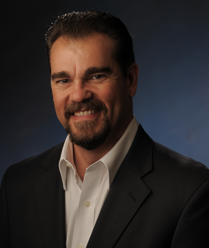
David Poulos, has over thirty years of marketing experience, ranging from private enterprise, state and federal government, non-profit and charitable organizations. He has a Bachelor of Science degree in Marketing Communications from Northeastern University, Boston, MA, and has effectively served as Director of Sales for Pan International, Director of Marketing for National Information Corporation, and as Director of Client Accounts for Strategic Partners Group. He has served as a marketing and branding consultant to a host of clients including: American Airlines, ARBROS Networks, Cable & Wireless, Coca Cola, Freedom Telecom Services, Freedom Power Services, MasterCard, MCI Worldcom, National Geographic Society, Quantas Air, TALK.com, Winstar.
Mr. Poulos is the author of “The Marketing Doctor’s Survival Notes,” has published over 20 articles on a variety of marketing topics in nationally published magazines and websites, has published over five year’s worth of weekly blog articles on non-profit and commercial marketing, management and customer service best practice, has been quoted as an expert in articles appearing on Fox News Small Business and MSN Main Street Business websites, was featured in the Global Edition of Who’s Who of Marketing Executives, and is a former board member and President of the Sales and Marketing Executives international, and is a member of ASAE, DMAW, AMA.



